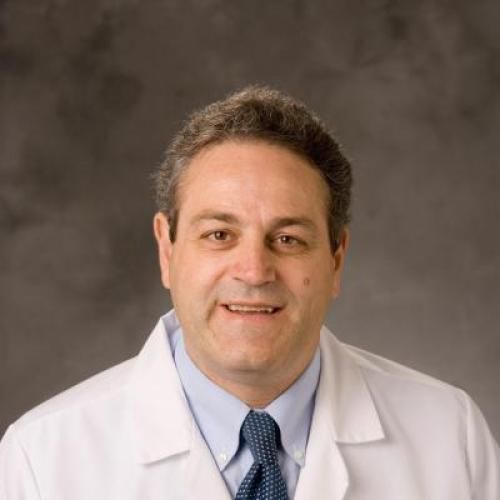
Long-term follow-up study of the Stretta procedure for the treatment of gastroesophageal reflux disease.
BACKGROUND: The endoscopic delivery of temperature-controlled radiofrequency energy to the gastroesophageal junction (Stretta procedure) recently has been shown effective for patients with gastroesophageal reflux disease (GERD). However, its effectiveness has been assessed mainly over short periods (6-12 months). This study aimed to evaluate long-term results of the Stretta procedure. METHODS: All patients undergoing the Stretta procedure since August 2000 were prospectively evaluated under an institutional review board-approved protocol. All patients with a follow-up period longer than 18 months were recruited for a 24-h pH study and mailed a follow-up survey, which included the following: Short Form 12 (SF-12) health status questionnaire, GERD-specific quality-of-life questionnaire (QOLRAD), and queries regarding long-term satisfaction and medication use. RESULTS: The Stretta procedure was performed on 82 patients, and 41 patients with a follow-up period longer than 18 months qualified for the study. Follow-up surveys were completed by 36 patients (88%) during a mean follow-up period of 27.1 +/- 3.7 months. Of these 36 patients, 30 (83%) were highly satisfied with the procedure and would have it performed again. More than half of the Fifty Stretta patients (56%) had completely discontinued their use of proton pump inhibitors (PPIs), and an additional 31% had reduced their dose significantly. The mean PPI equivalent doses were 37.8 +/- 22.2 mg/day before the Stretta procedure and 11.6 +/- 14.6 mg/day at 27-month follow-up assessment (p = 0.001). According to the patient outcomes for daily PPI use (yes/no), the patients were divided into two groups: responders (n = 20) and nonresponders (n = 16). The responder group scored higher in QOLRAD score (p = 0.0001), SF-12 physical score (p = 0.038), and SF-12 mental score (p = 0.003). In the 24-hour pH study, the responder group demonstrated a significant decrease in distal esophageal acid exposure time (6.4% +/- 1.5% to 3.1% +/- 1.4%; p = 0.0001). CONCLUSION: The Stretta procedure results in a statistical significant long-term decrease in GERD symptoms and PPI use. The treatment effect is durable beyond 2 years, and 56% of patients had discontinued their user of all antisecretory drugs.
Duke Scholars
Altmetric Attention Stats
Dimensions Citation Stats
Published In
DOI
EISSN
Publication Date
Volume
Issue
Start / End Page
Location
Related Subject Headings
- Time Factors
- Surgery
- Prospective Studies
- Middle Aged
- Male
- Humans
- Gastroscopy
- Gastroesophageal Reflux
- Follow-Up Studies
- Female
Citation

Published In
DOI
EISSN
Publication Date
Volume
Issue
Start / End Page
Location
Related Subject Headings
- Time Factors
- Surgery
- Prospective Studies
- Middle Aged
- Male
- Humans
- Gastroscopy
- Gastroesophageal Reflux
- Follow-Up Studies
- Female

